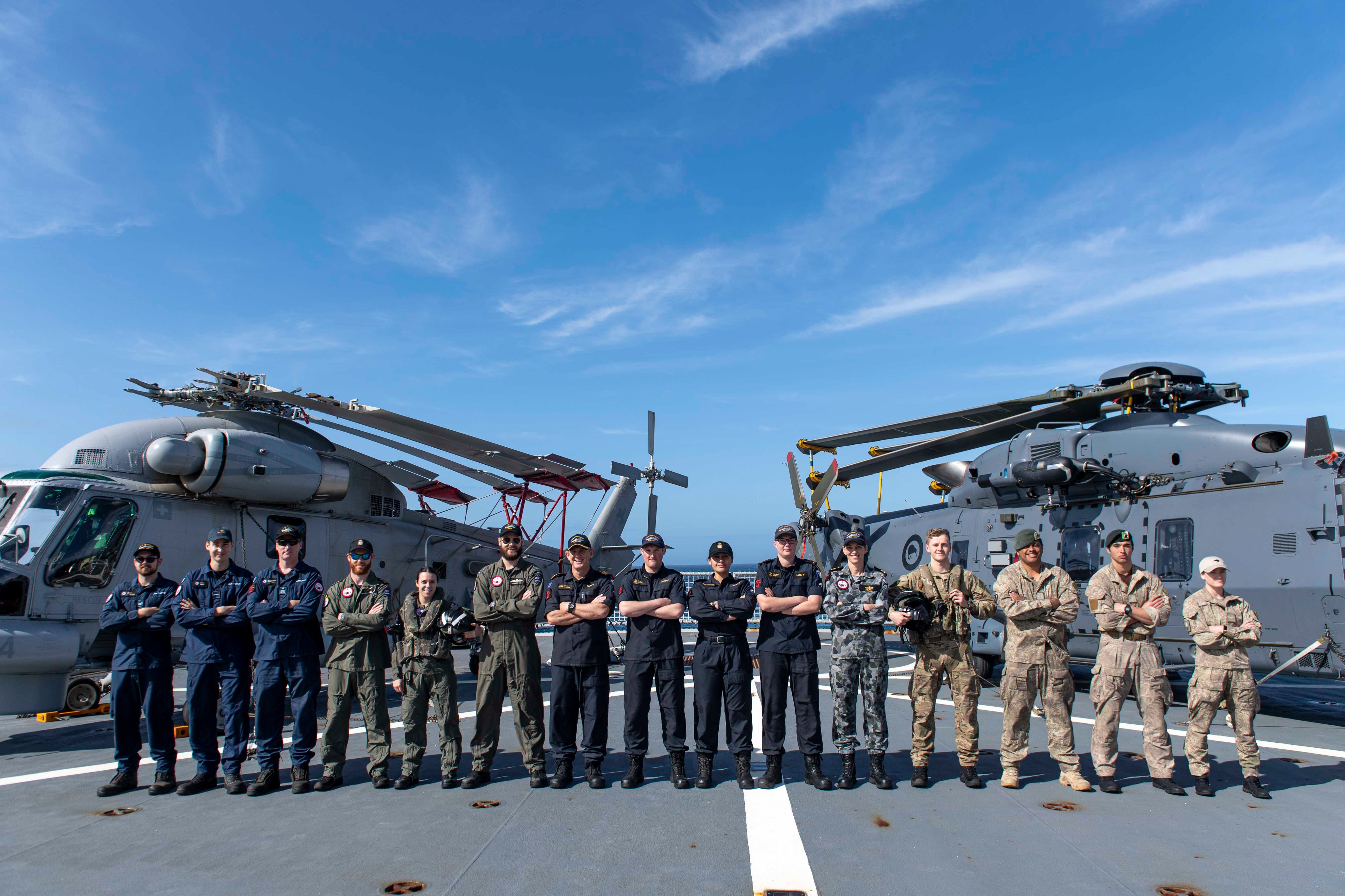Good grief; I knew China was making in roads within the South Pacific with its soft power but I had not realised to what extent Chinese influence was happening this illustrates how far China is making inroads. Those SLOC might be looking very vulnerable in the future
Nighthawk.NZ - China on the move...
@Nighthawk.NZ has done a very good article on it there and he's made good use of Anne-Marie Brady's material.
Anne-Marie Brady is probably the best expert on the CCP and its methodologies for getting what it wants. I follow her on twitter and she provides good material. She is fluent in Mandarin and has lived and worked in the PRC. She's been told that it's too dangerous for her to go back to the PRC, and her house and office at work have been broken into with laptops etc., stolen plus her car has been interfered with. So that's how much she's upset the CCP and its security organs.
There's this good article in the Financial Times -
China is taking its ideological fight abroad - which discusses the infiltration of NZ's political system by the CCP, and I'll quote part of it:
"In November, Australia’s main spy agency said it was investigating “disturbing” allegations that Beijing had tried to install an agent in Australia’s federal parliament. The agent was found dead soon after he reported the plan and police have been unable to determine his cause of death.
In next-door New Zealand, some of the biggest donors to the main political parties are China-based businessmen with close ties to the Communist party. Campaign finance legislation rushed through parliament last month has done little to close off the loopholes that allow this kind of influence-buying. Astonishingly, a man who spent at least 15 years working for China’s military intelligence apparatus remains an elected member of parliament, even after admitting he was ordered by the party to conceal his past on his New Zealand immigration application. Tiny New Zealand may seem like a strange target for Communist party infiltration, but the country is attractive to Beijing as the soft underbelly of the “five eyes” intelligence sharing arrangement with Australia, Canada, the UK and, most importantly, the US. A senior intelligence official from one of these countries described New Zealand to the FT as “on the edge of viability as a member” of the grouping, because of its “supine” attitude to China and its “compromised political system”. China is New Zealand’s biggest export destination. Presumably out of fear Beijing would respond with economic sanctions, Jacinda Ardern, New Zealand’s prime minister, has gone out of her way to avoid even mentioning the topic of Chinese political interference.
Australia’s response has been far more robust. China has threatened economic consequences for Australia’s impudence, although these have mostly proven hollow. Even as some in Canberra fretted over the poor state of the relationship last year, Australian shipments to China rose to a record high, accounting for nearly 40 per cent of all exports. Political embargoes are often ineffective as they tend to hurt importers as much as exporters by raising prices and disrupting supply chains."
Both the major poltical parties in NZ have Chinese MPs, both of whom have links to the CCP through
United Front Work which are intended to advance CCP interests before all others. Anne-Marie Brady describes united front work as:
"United front work is a task of all CCP Party-State-Military agencies (some more than others), as well as a core task of every CCP member. Under Xi Jinping, the CCP has sought to reassert its control over the business sector. Party control is now to the fore. Nearly all of China’s listed internet companies have Party committees. Close to 70 percent of the CEOs of China’s major corporations are now CCP members. Seventy percent of foreign companies working in China have a CCP cell. United front work is an all-of-CCP activity (全党的工作), meaning that all Party members are required to participate in it.
Xi-era united front work activities fall into four categories:
1. Efforts to control the Chinese diaspora, to utilise them as agents of Chinese foreign policy and suppress any hints of dissent.
2. Efforts to coopt foreigners to support and promote the CCP’s foreign policy goals and access information and technical knowledge.
3. Promotion of a global, multi-platform, strategic communication strategy aimed at promoting China’s agenda and suppressing critical perspectives on the CCP and its policies.
4. Rolling out of the China-centred economic, transport and communications strategic bloc known as the Belt and Road Initiative."
Hence it's very insidious, invasive and appears to be working when a senior NZ Opposition pollie spouts the
PRC party line about the Uighars being held in concentration camps in Xinjiang. So I wouldn't be surprised that they're doubling down where they can in the Pacific Islands.
The PRC is definitely a clear and present danger to both NZ and Australia. That much is clear, however whether or not our pollies will do anything about is yet to be determined and Kiwi pollies are still hypnotised by the glittering treasure that trade with Beijing brings, especially the current opposition. Unfortunately MFAT is the same as well.

